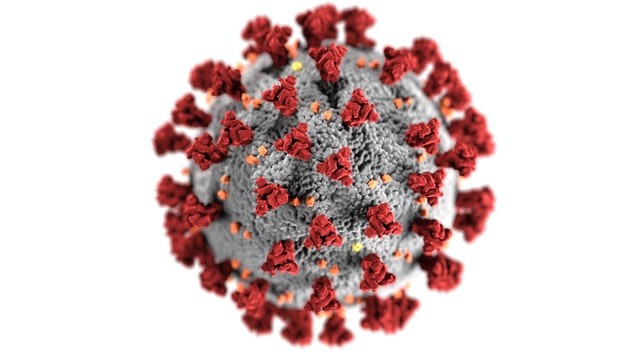Following successful lab tests, a new therapy in a nasal spray that potentially protects patients from all COVID variations will go forward to human trials.

According to experts at Northwestern University and the University of Washington, the new spray has "potent" proteins that target the virus's vulnerable regions and prevent it from invading the host.
As the virus has evolved, some therapies, such as vaccinations, have proven less successful in fighting COVID.
Several antibody therapies in the United States were suspended last month because they failed to protect individuals against the BA.2 omicron sub-variant, and they need complicated refrigerated supply networks.
Mouse Testing
After encouraging findings of their mouse testing, published in the journal Science Translational Medicine on April 12, 2022, a simpler way to tackle the virus is now being progressed to human clinical trials. Nasal sprays are also being studied as effective COVID-19 defenses in numerous research centers in England and Israel.
To begin, the researchers employed supercomputers to create proteins that might cling to weak places on the new coronavirus's surface, specifically the spike protein. This research was first published in the journal Science in 2020.
Re-Engineering the Virus
The scientists re-engineered the proteins, known as minibinders, to make them even more effective in the latest study. Rather than targeting only one location of the virus's infectious machinery, the minibinders attach to three, reducing the drug's likelihood of detaching.
SARS-spike CoV-2's protein contains three binding domains, according to Professor Michael Jewett of the University of Washington School of Medicine, although popular antibody therapy may only block one of them.
"Like a tripod, our minibinders sit on top of the spike protein and block all three." He went on to say, "The link between the spike protein and our antiviral is one of the closest contacts known in biology." "We put the spike protein and our antiviral treatment in a test tube together for a week, and they never fell apart."
After testing the medication on mice with a nasal spray, the researchers discovered that it lowered COVID symptoms and avoided infections.
The proteins inhibited COVID from attaching to the ACE2 receptor, the body's entrance site for infection.
Infection
The virus cannot infect the host until it binds to the receptor, implying that the therapy will be effective against future strains.
According to Professor Jewett, the spike protein and ACE2 receptor form a handshake to enter the body. Our antiviral blocks this handshake, which also possesses resistance to viral escape.
Tested Positive?
Treatment may be available if you test positive and are an older adult or someone at high risk of becoming severely unwell from COVID-19. Even if your symptoms are moderate right now, contact a healthcare physician soon away following a positive test to see whether you are qualified.
You may have COVID-19 if you have a fever, cough, or other symptoms. The majority of people have minor illnesses and can recuperate at home.
Follow your healthcare provider's and your local health department's advice for treatment. Your local health authority may guide you to monitor your symptoms and submit information.
Related Article : Scientists Double Effort to Find Possible Next Pandemic, Caused by Other Zoonotic Diseases
For more health and medicine related news, don't forget to follow Nature World News!
© 2025 NatureWorldNews.com All rights reserved. Do not reproduce without permission.





